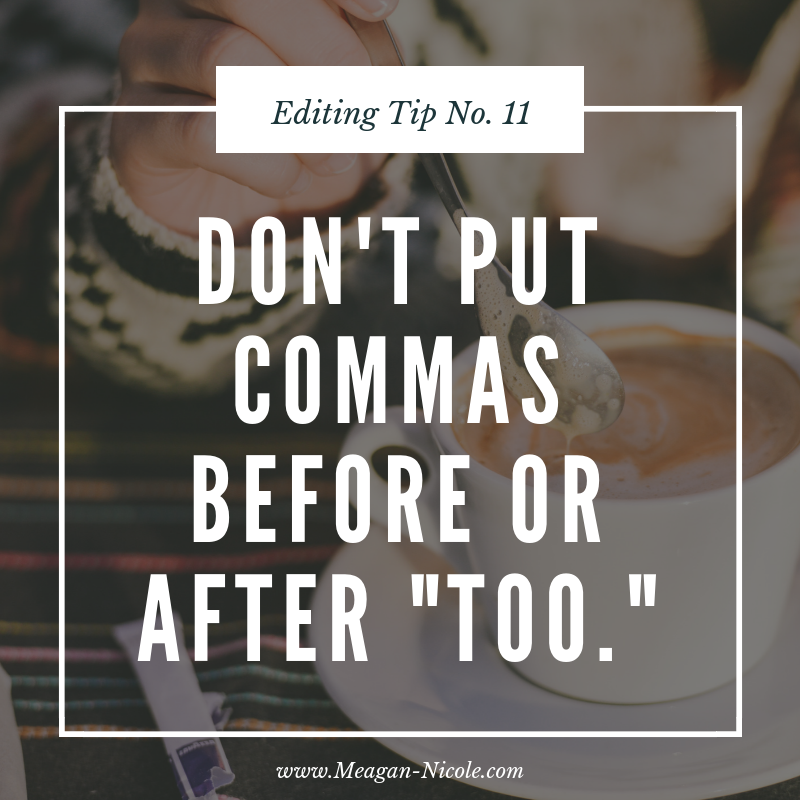Editing Tip #13: How to Edit Verb Tense in Novels
Have you ever written or edited your book only to find yourself hitting a wall when it comes to verbs? More specifically, are you constantly asking yourself what form of the verb you should use? Should it end in -s, -ed, -ing?
Past Tense
This is perhaps the most common tense in fiction books. Most of the verbs in the narrative will be written in past tense, describing events that happened in the past, and an easy way to spot a lot of them is by looking for their -ed ending (though many past tense verbs don’t have this ending).
“When Mr. Bilbo Baggins of Bag End announced that he would shortly be celebrating his eleventy-first birthday with a party of special magnificence, there was much talk and excitement in Hobbiton.” - J. R. R. Tolkien, The Lord of the Rings
This short excerpt gives us two examples of past tense verbs: announced and was.
Present Tense
Present tense has become increasingly popular over the last several years, especially in the young adult genre. Readers follow the characters through the story as the events are unfolding, instead of reading about an event that has already happened. Many of these verbs end in -s or -es (though not all).
“All the general fear I’ve been feeling condenses into an immediate fear of this girl, this predator who might kill me in seconds. Adrenaline shoots through me and I sling the pack over one shoulder and run full-speed for the woods.” - Suzanne Collins, The Hunger Games
This excerpt gives us several examples of present tense verbs: condenses, shoots, sling, and run.
Time-Traveling Verb Tenses
Maybe you know the current tense of the verb to use, but you keep switching between the two tenses throughout your book without realizing it. I call this “time-traveling verb tenses.”
“Skylar smiled at the young man and shakes his hand. He was handsome, but she could tell that he was here to focus on business, not pleasure.”
Did you see what I did there? Did you spot the time traveling verb?
These two sentences are written in past tense, except for one word: shakes, which is present tense. The problem? It makes your writing inconsistent and confuses your readers.
While writing your first draft, it’s easy to do some time traveling without even realizing it, and that’s OK! But you will need to watch out for this during the editing stage. Once you decide on a verb tense for your book, it’s important to stick with it throughout your whole novel.
Action Steps
If you need/want to, take some time to familiarize yourself with verb tenses again. The Only Grammar Book You’ll Ever Need is a great resource.
Check for these time-traveling verbs in your writing and edit any that you find.
Do you have any examples of time-traveling verbs in your writing that made you laugh? Share with us in the comments! It’s important to have fun with our writing.













Readers and agents can pick up on writing by a self-concise writer, and it can turn them away from your novel. Learn what one phrase to delete from your novel that will immediately make your writing sound confident and believable.